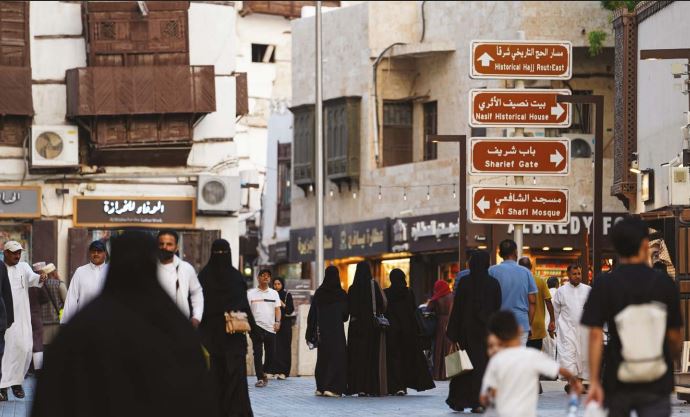A new report has laid bare harrowing accounts of forced labour, human trafficking, and racial abuse faced by Kenyan women working as domestic workers in Saudi Arabia.
According to the report- Locked in, left out: The hidden lives of Kenyan domestic workers in Saudi Arabia by Amnesty International.
Nearly all the women interviewed experienced multiple forms of exploitation that fall under the International Labour Organization’s indicators of forced labour. Many suffered eight or nine forms of abuse simultaneously.
According to the report, the exploitation allegedly began in Kenya as local recruitment agents deceived the women with false promises of good jobs and high pay.
“I was informed …that I would work as a company cleaner, but when I got to Saudi Arabia, I worked as a domestic worker in four different houses,” said Lucia.
Once in Saudi Arabia, women faced gruelling work conditions. They worked in private homes under heavy restrictions, were misled about their job roles, and had little or no freedom of movement.
“I have no freedoms, because once you are inside you never go out. You don’t go out and do not see out. This made me feel like it’s a prison,” said Joy.
The report further states that women were often locked in for days, denied food, and cut off from the outside world. Employers frequently confiscated their phones and limited internet access.
The report highlights chronic overwork. Most women worked at least 16 hours a day, some even more, with no rest days, even when ill. Despite this, they earned an average of just USD 240 per month — about 53 cents an hour. Overtime pay was non-existent. Wage theft was rampant.
Physical and sexual abuse was also reported. Some women were beaten or spat at. Others faced sexual harassment and, in some cases, rape.
“There was a time when the employer came and harassed me from behind when I was wearing a dress, lifted it, and I really fought him and told him I was not interested,” said Eshe.
Employers used threats and punishments to control the women. Many had their passports confiscated by agents or employers, making escape nearly impossible.
“You are not allowed to ever touch your passport… this stranger will take you and your passport to wherever,” said Hope.
The women were often denied enough food and forced to eat leftovers. Some survived on instant noodles.
“We only eat leftovers, especially in months of Ramadan… even if you are also fasting, they do not care,” said Rania.
Living conditions were degrading. Some women slept in store rooms, on the floor, or in shared spaces with children.
“I used to sleep in the store [room] that was more like an attic with a water tank, where they had put a bed,” said Imani.
Racism was a constant burden. The women were verbally abused and called derogatory names like “animal” or “baboon.”
“The children, or the wife, they called us monkeys or baboons… I feel very bad,” said Rosaline.
The report suggests that these abuses may amount to human trafficking and slavery under international law. Saudi Arabia is a party to the 1926 Slavery Convention.
None of the employers have been held accountable. Most women were too scared to report their abusers. Those who did often saw their cases dismissed or were accused of crimes themselves.

 Daily life in the port city of Jeddah, Saudi Arabia./SCREENGRAB
Daily life in the port city of Jeddah, Saudi Arabia./SCREENGRAB







